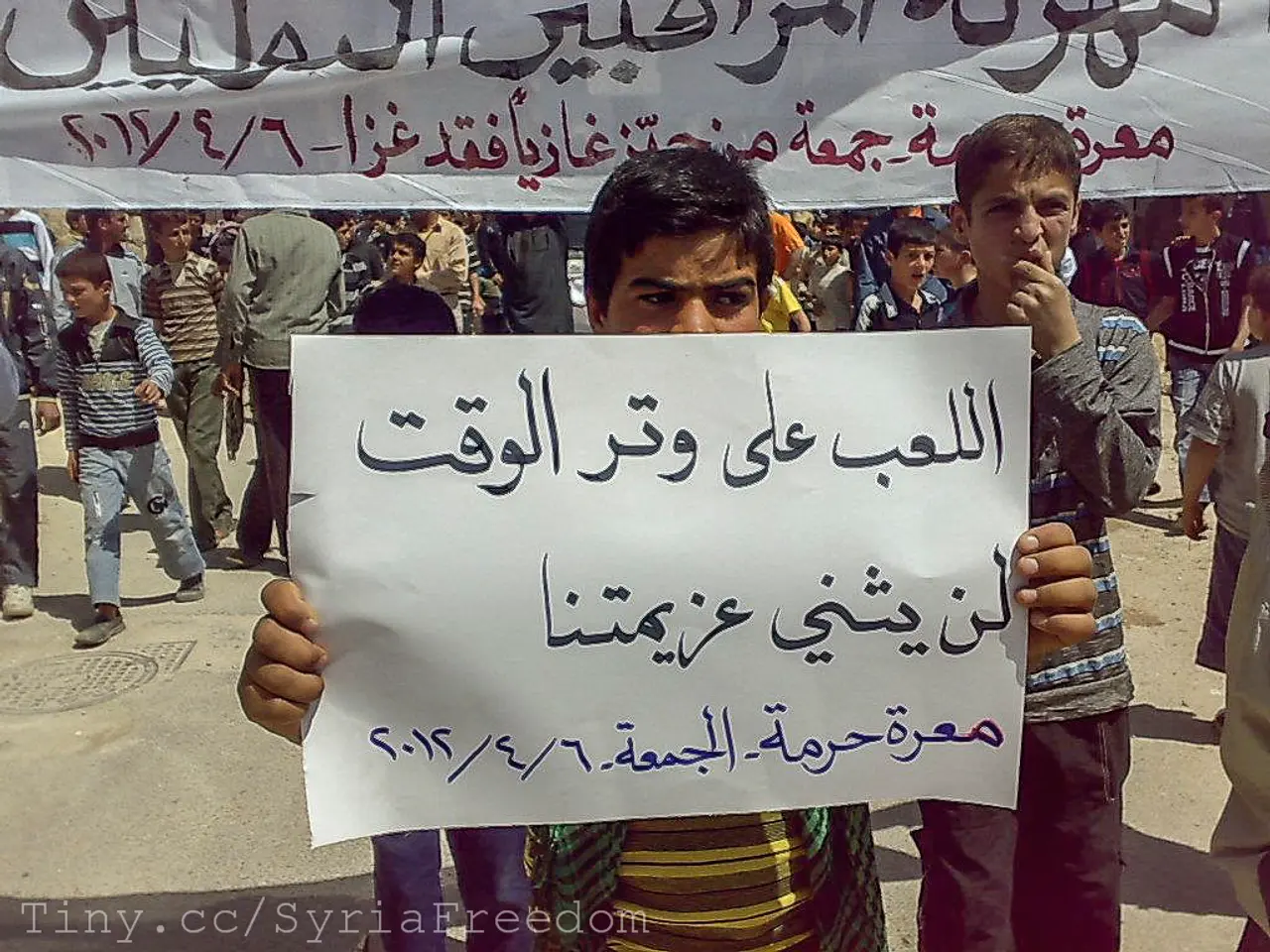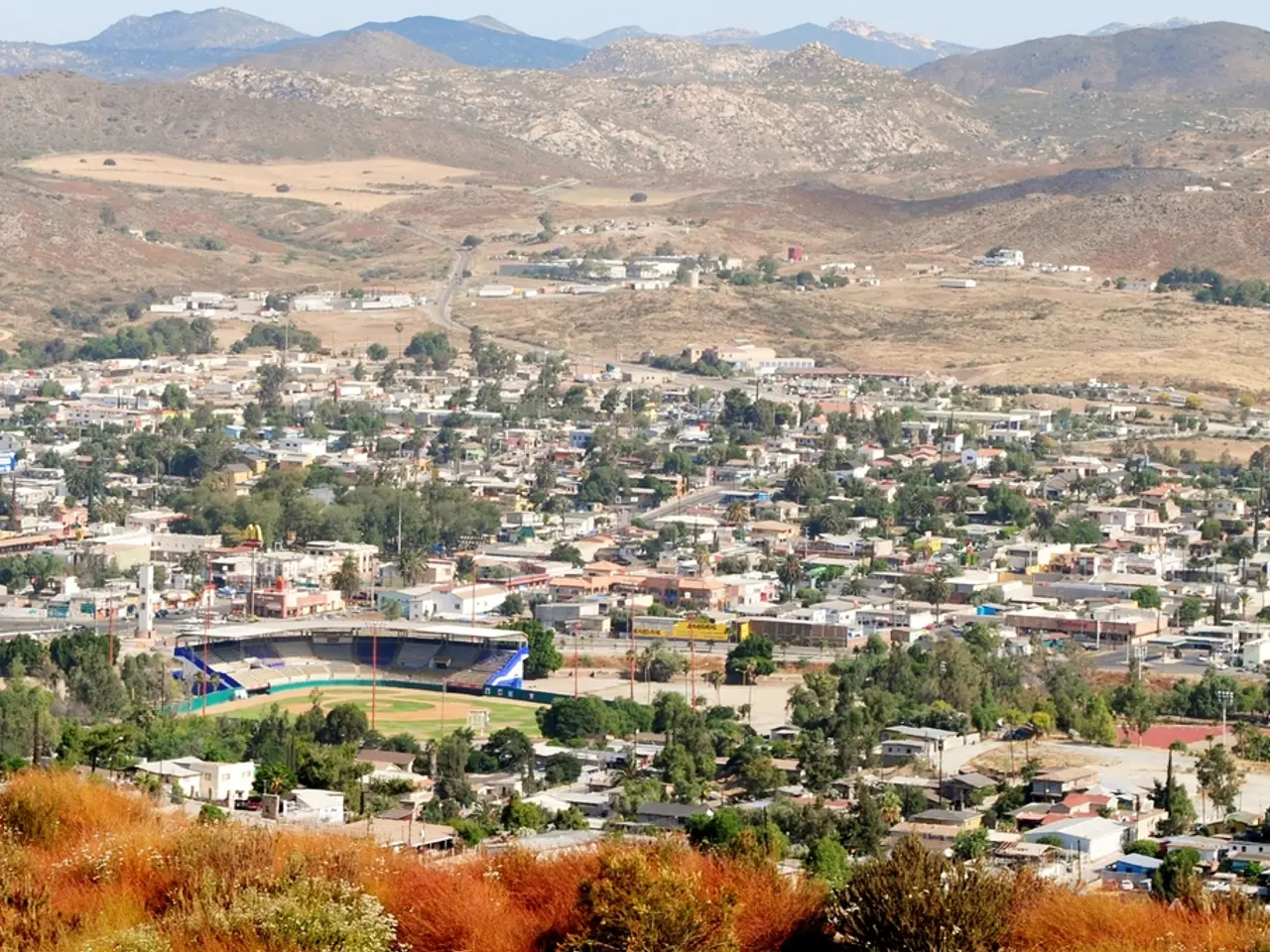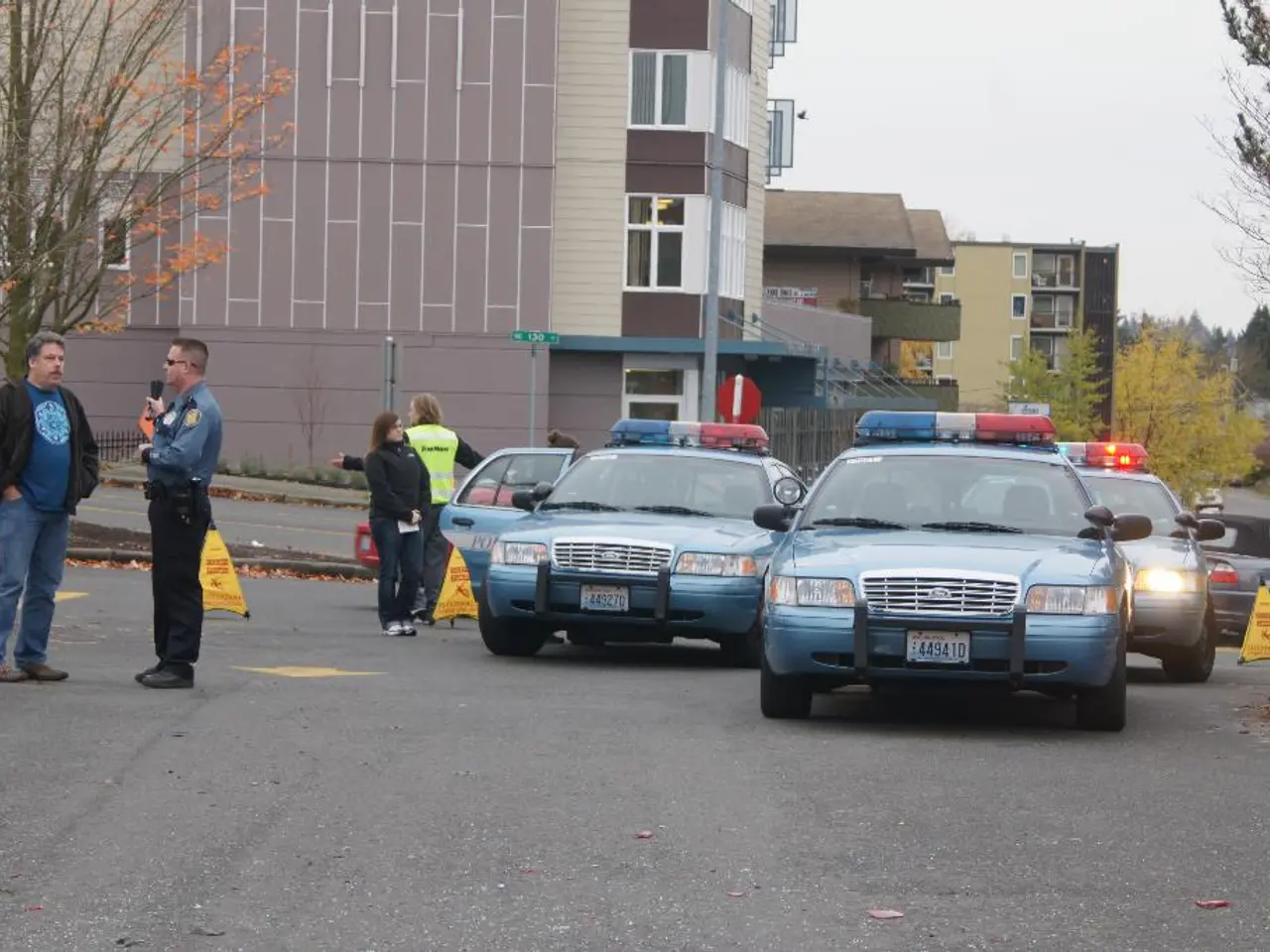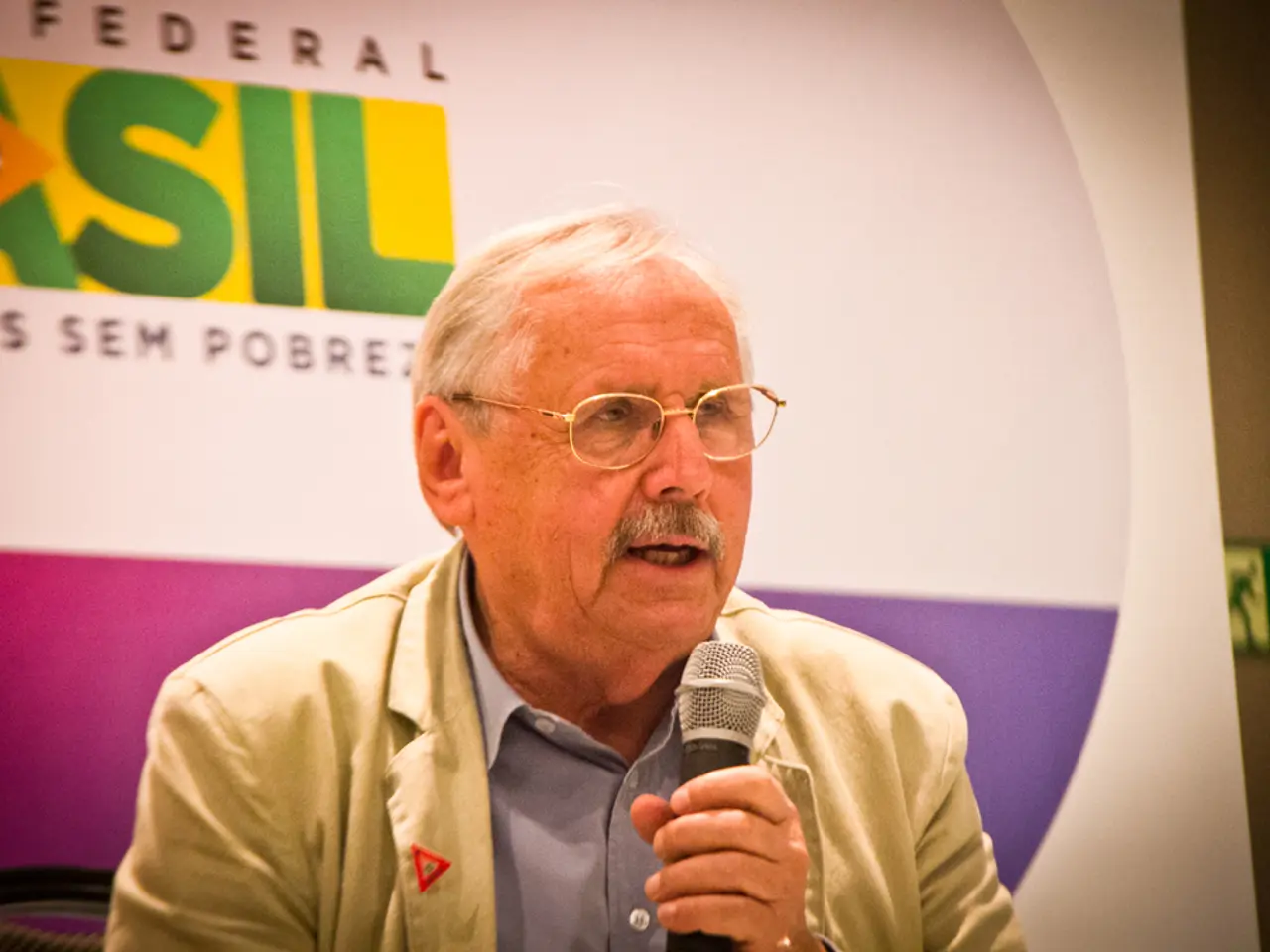Escalating tension in Gaza serves as a major concern for the United Nations chief
In August 2025, the humanitarian situation in Gaza City has taken a drastic turn for the worse following Israel's decision to assume operational control and escalate the conflict. The Israeli government's plans reportedly include placing Gaza City under siege, forcibly evacuating about a million people to designated “humanitarian zones,” and expanding control beyond the city, actions that are expected to intensify civilian casualties and suffering.
The crisis is particularly evident in the realm of food security. Aid distribution has plummeted, with only around 259,000 meals being distributed daily in August 2025—a decrease of 74% from over a million meals per day in April 2025. Despite over 12,000 metric tons of food entering Gaza between late July and early August, more than 90% was either looted en route or offloaded amidst chaotic crowds, leading to lethal incidents near aid distribution points. Since May 2025, over 1,500 people trying to access food aid have been killed, with more than 10,000 injured.
The high casualty toll in Gaza is another grave concern. By 31 July 2025, over 60,000 Palestinians were reported killed in Gaza since October 2023 amid ongoing hostilities, reflecting a massive loss of civilian life.
The health care system in Gaza is also on the brink of collapse. There has been an intensification of attacks on health care infrastructure amid the deepening crisis, with a near-total shutdown of medical services reported in May 2025. This contributes to worsening health outcomes and increased mortality among the population.
The UN Secretary-General, António Guterres, has expressed concern over Israel's decision to take control over Gaza City, warning that this escalation could exacerbate the suffering of the Palestinian population. Guterres described the decision as a "dangerous escalation" that could lead to additional displacements, killings, and massive destruction in the Gaza Strip.
Guterres has also emphasised that a sustainable solution to the conflict is only possible through an end to the occupation and the realization of a two-state solution. He made this statement at a conference late last month, lamenting that a two-state solution is further away than ever.
The aim of Israel's actions is to disarm the Islamic Hamas, return all hostages alive or dead, demilitarize the Gaza Strip, establish Israeli security control of the coastal region, and set up a civilian administration not subject to the terrorist organization Hamas or the Palestinian Authority (PA).
Amidst these challenging circumstances, humanitarian agencies continue to operate under extremely difficult conditions, with aid deliveries severely compromised by security risks and infrastructure damage. The situation in Gaza City is dire, with millions of people living under unbearable conditions, and the crisis is rapidly worsening.
The war-and-conflicts in Gaza City have significantly impacted the general-news landscape, as the UN Secretary-General, António Guterres, has expressed concern over Israel's decision to assume operational control and escalate the conflict. The politics surrounding this escalation have raised questions about future attempts to achieve a sustainable two-state solution and peace in the region.







